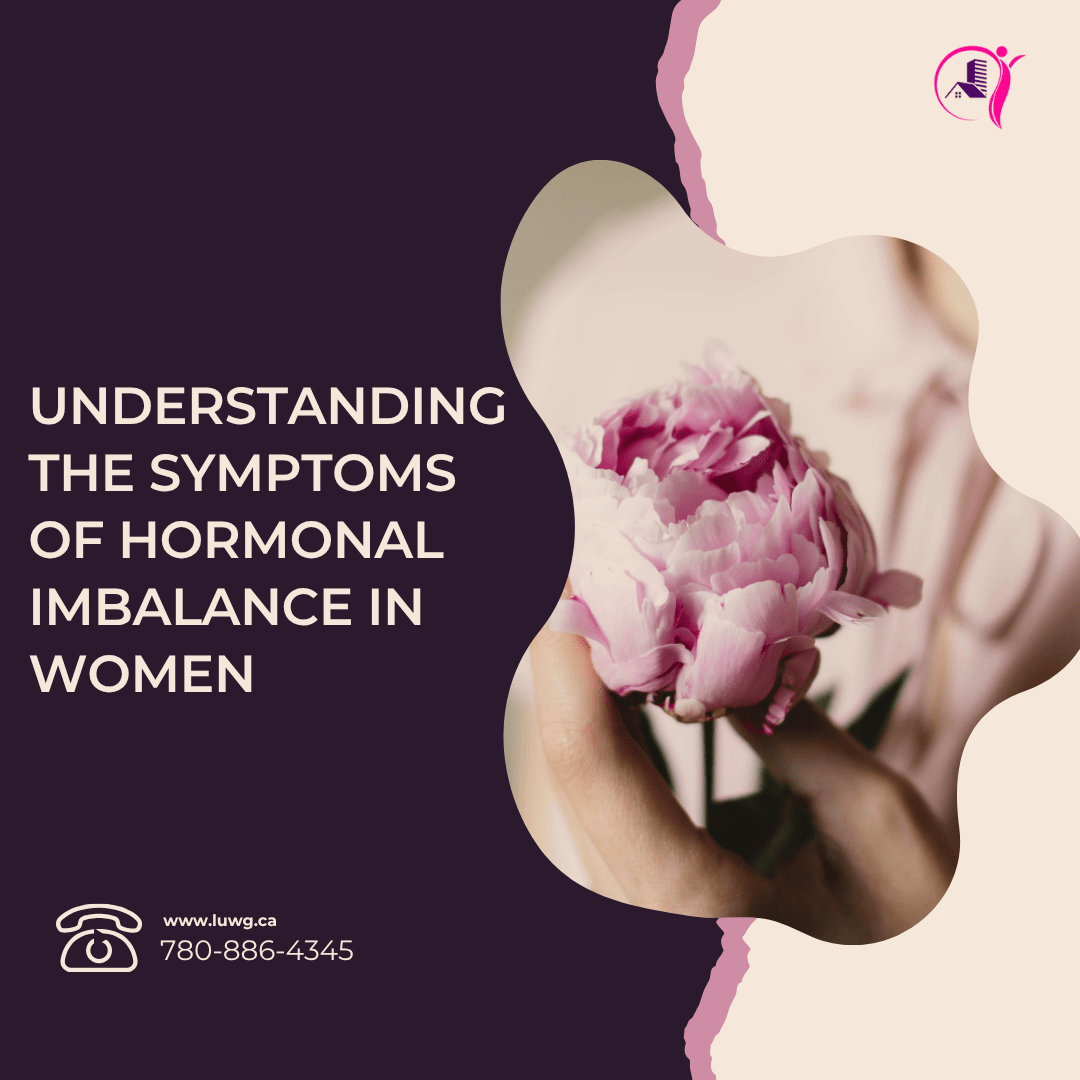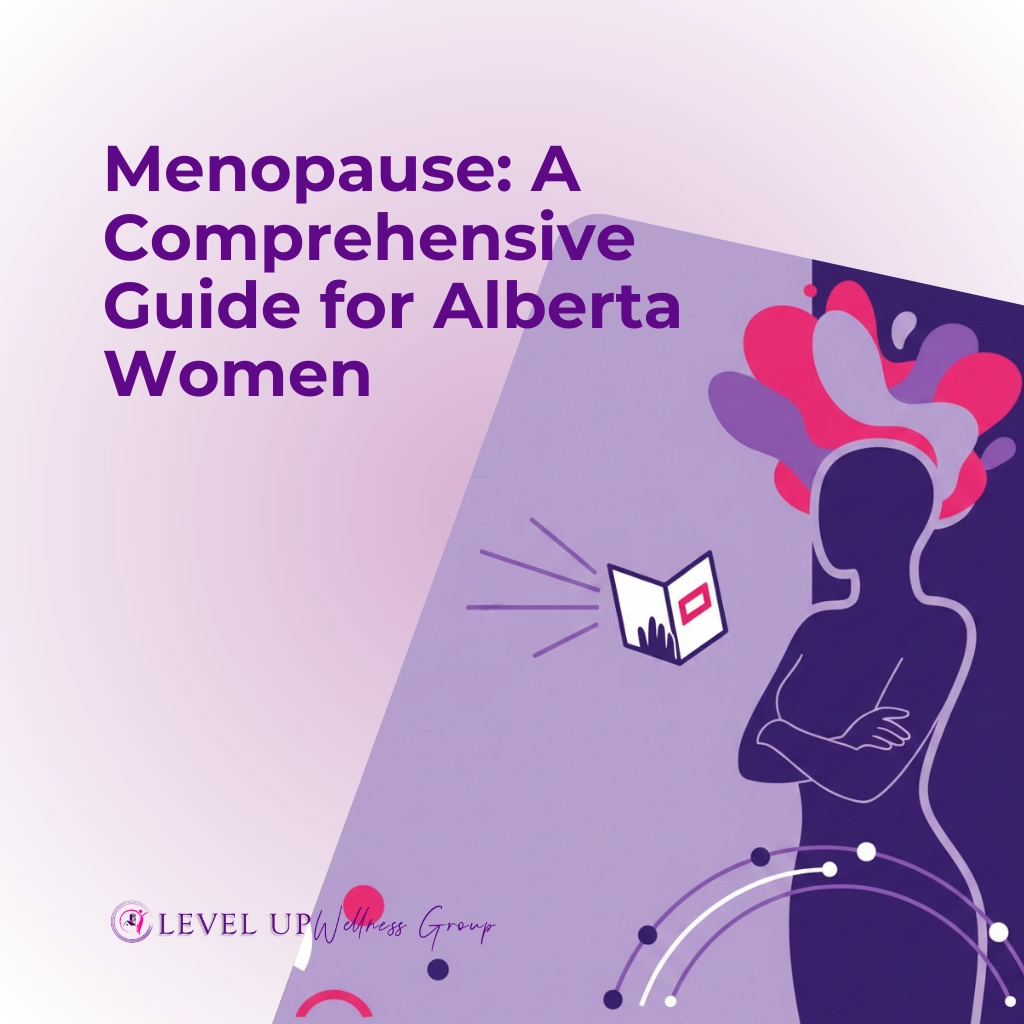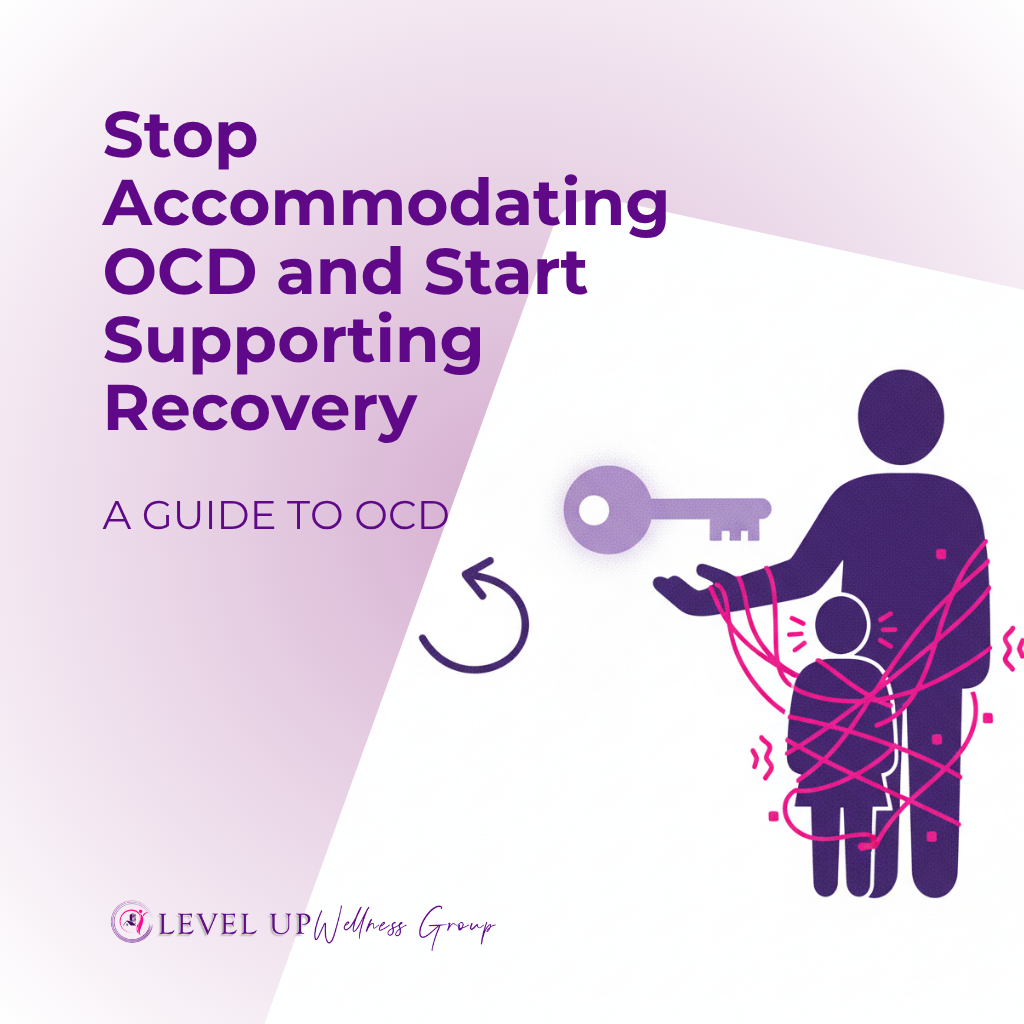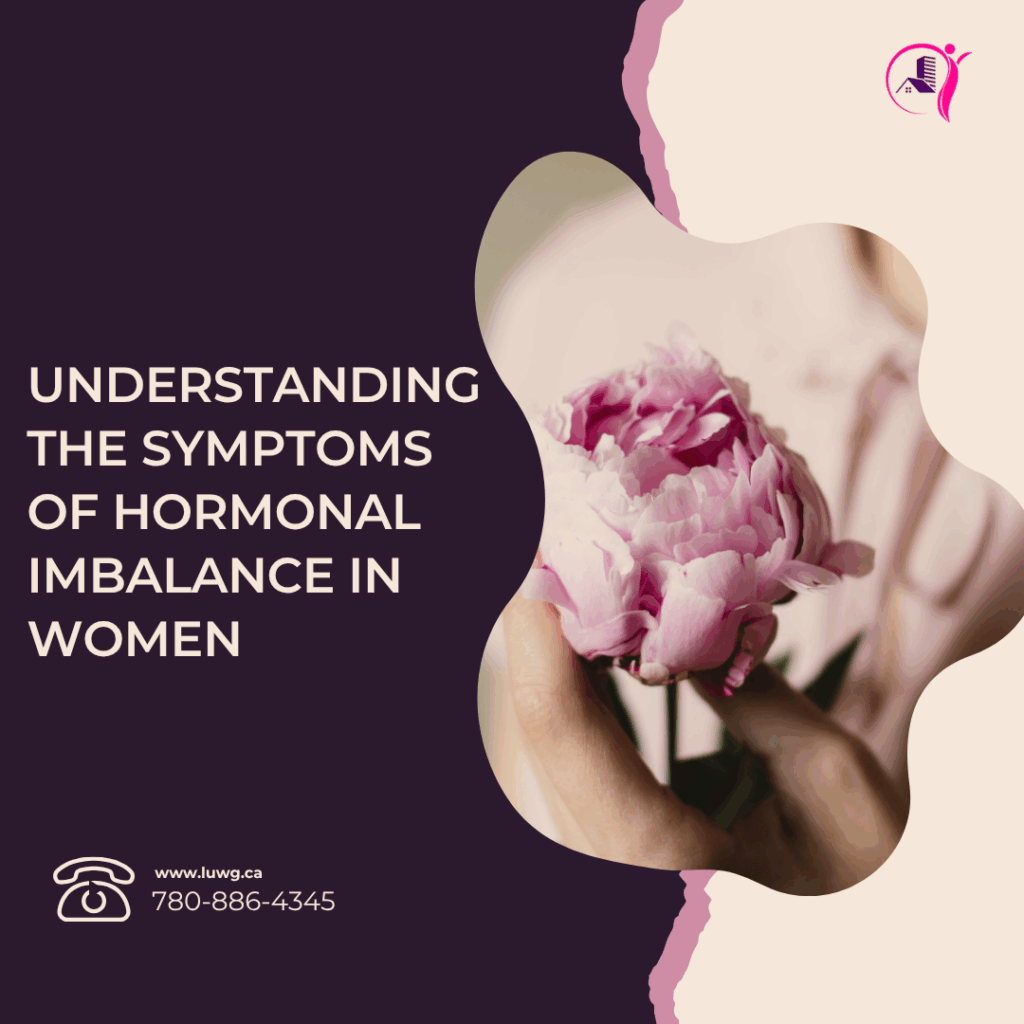
Hormones play a vital role in nearly every function of a woman’s body—from regulating metabolism and sleep to controlling mood, fertility, and skin health. When these chemical messengers are out of balance, even slightly, the ripple effects can be felt physically, emotionally, and mentally.
Many women experience symptoms of hormonal imbalance at different stages of life, often without realizing that hormones may be the root cause. Understanding these symptoms is the first step toward getting proper support and treatment.
In this article, we’ll explore what hormonal imbalance really means, the common symptoms to watch for, what causes it, and when it’s time to seek help.
What Is Hormonal Imbalance?
Hormones are chemicals produced by glands in the endocrine system. They act as messengers, telling tissues and organs what to do and when to do it. When the body produces too much or too little of a hormone, it creates an imbalance that can disrupt your overall health.
In women, hormonal imbalances often involve estrogen, progesterone, cortisol, insulin, and thyroid hormones. These fluctuations can occur naturally due to menstruation, pregnancy, or menopause, but they can also result from lifestyle factors or underlying medical conditions.
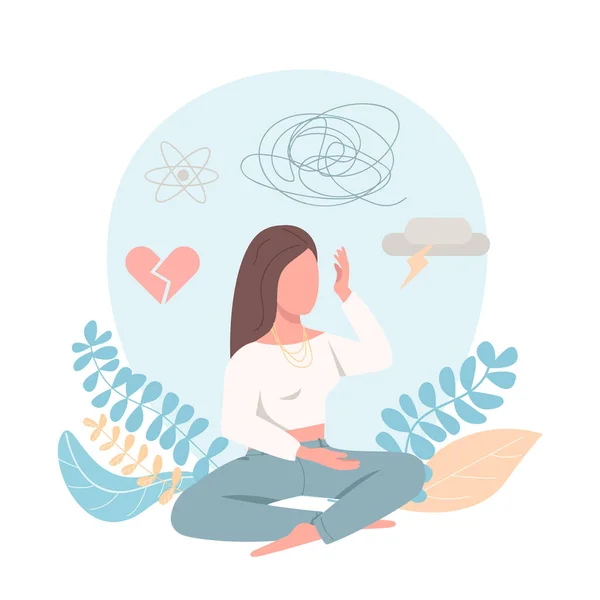
10 Common Symptoms of Hormonal Imbalance in Women

1. Irregular or Missed Periods
If your menstrual cycle is unpredictable, too frequent, or absent altogether, it could be a sign of hormonal disruption. Conditions like polycystic ovary syndrome (PCOS) or thyroid disorders can interfere with regular ovulation, causing period irregularities.
What to watch for:
- Cycles shorter than 21 days or longer than 35 days
- Skipped periods for more than 3 months
- Unusually heavy or light bleeding
2. Unexplained Weight Gain or Difficulty Losing Weight
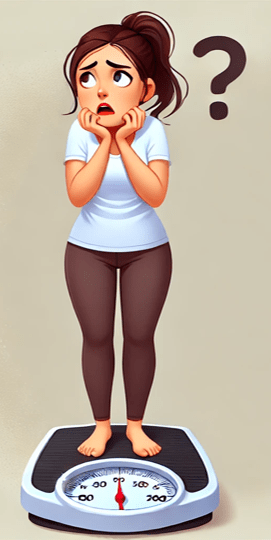
Sudden or stubborn weight changes—especially around the abdomen—can be linked to hormone levels. For example, excess cortisol (your stress hormone) can lead to fat storage, while low thyroid hormones may slow metabolism.
Possible hormonal links: cortisol, insulin, thyroid hormones, estrogen
3. Chronic Fatigue
Feeling exhausted even after a full night’s sleep? Persistent fatigue is a common but often overlooked sign of hormonal imbalance.
Why it happens: Hormones like thyroid, cortisol, and progesterone regulate energy levels. When these are too low or high, your body struggles to recharge properly.
4. Mood Swings, Anxiety, or Depression
Emotional ups and downs, irritability, or a general sense of unease may point to hormonal fluctuations. Estrogen and progesterone play critical roles in mood regulation, especially during the menstrual cycle or menopause.
When to notice: Symptoms often intensify before periods or during major hormonal shifts.

5. Low Libido
A noticeable decline in sexual desire may be due to decreased estrogen or testosterone levels. This can also be accompanied by vaginal dryness, discomfort during intercourse, or emotional disconnection.
6. Sleep Problems
Difficulty falling asleep or staying asleep may be caused by imbalanced progesterone (which helps promote relaxation) or elevated cortisol, which can keep your body in a constant state of alertness.
Signs to note:
- Insomnia
- Waking up at night drenched in sweat
- Trouble staying asleep despite being tired
Check our sleep clinic
7. Hair Thinning or Hair Loss
If you’re noticing more hair in the shower drain or on your pillow, hormonal changes may be affecting your hair growth cycle. Imbalances in thyroid hormones or androgens (like testosterone) can lead to thinning hair or even bald patches.
8. Persistent Acne or Oily Skin
Acne that won’t clear up—especially around the jawline, chin, and cheeks—can indicate excess androgens (male hormones). These hormones increase oil production and clog pores.
9. Brain Fog and Difficulty Concentrating
Women often describe a feeling of “mental cloudiness,” forgetfulness, or struggling to stay focused. Estrogen helps regulate brain chemicals like serotonin and dopamine, so a drop in this hormone can affect memory and clarity.
10. Digestive Issues
Hormones such as estrogen and progesterone influence gut function. Bloating, constipation, and diarrhea may become more pronounced around your menstrual cycle or during menopause.
What Causes Hormonal Imbalance in Women?
Hormonal imbalances can occur for many reasons, including:
Life stages:
Puberty, pregnancy, perimenopause, and menopause naturally involve hormonal shifts.
Stress:
Chronic stress increases cortisol, which can suppress other essential hormones like progesterone and thyroid hormones.
Medical conditions:
- Polycystic ovary syndrome (PCOS)
- Hypothyroidism or hyperthyroidism
- Diabetes
- Endometriosis
Lifestyle factors:
- Poor diet (especially high sugar or processed food intake)
- Sleep deprivation
- Overexercising or sedentary lifestyle
- Exposure to endocrine-disrupting chemicals (plastics, pesticides)
How Is Hormonal Imbalance Diagnosed?
If you suspect your symptoms may be hormone-related, it’s important to consult a healthcare provider. Diagnosis typically involves:
- Medical history and symptom review
- Blood tests (checking estrogen, progesterone, testosterone, cortisol, thyroid, insulin)
- Pelvic exam (if reproductive health is a concern)
Ultrasounds or imaging (for PCOS or thyroid nodules)

Treatment Options
Treatment depends on the root cause and may involve one or more of the following:
Medical Approaches:
- Hormone Replacement Therapy (HRT)
- Birth control pills to regulate estrogen/progesterone
- Thyroid medication
- Treatment for underlying conditions (e.g., diabetes or PCOS)
Lifestyle Adjustments:
- Reducing sugar and processed foods
- Regular exercise (without overtraining)
- Improving sleep hygiene
- Stress reduction through mindfulness, yoga, or therapy
Natural Ways to Support Hormonal Health
While medication may be necessary in some cases, these natural strategies can help support hormonal balance:
- Eat a whole-foods-based diet rich in fiber, healthy fats, and leafy greens
- Limit caffeine and alcohol, which can worsen hormonal symptoms
- Avoid plastics and toxic beauty products with hormone-disrupting chemicals
Take supplements like magnesium, B vitamins, and omega-3s (if recommended by your doctor)

When to See a Doctor
If your symptoms persist, interfere with your daily life, or seem to get worse over time, it’s important not to dismiss them. A hormone imbalance isn’t just “part of being a woman”—it’s a real medical concern that can be treated effectively with the right care.
Early diagnosis and personalized treatment can help you restore energy, improve mood, and feel more like yourself again.
Final Thoughts
Hormonal imbalance in women can show up in subtle, frustrating ways—but you don’t have to guess what’s going on with your body. By understanding the signs and seeking support, you can take control of your health and feel your best at any age.


